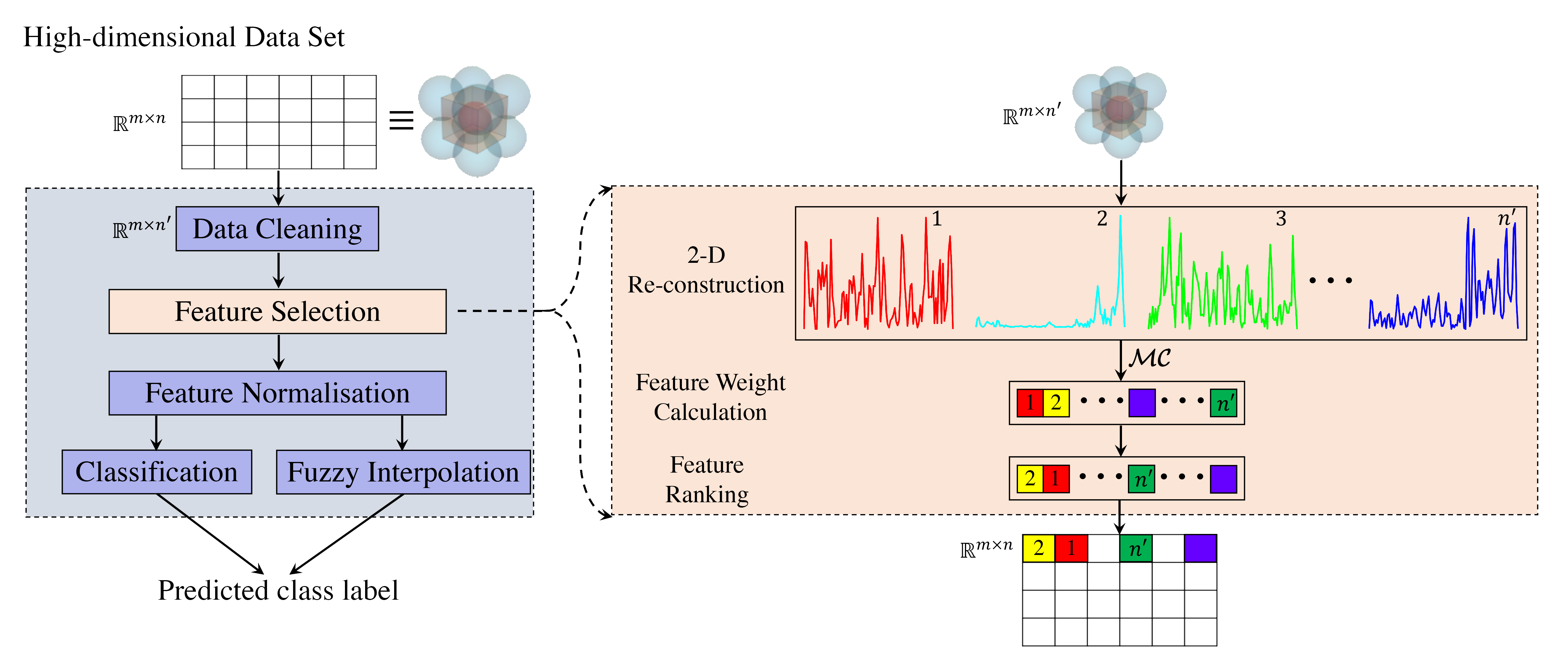Curvature-based Feature Selection with Application in Classifying Electronic Health Records
Disruptive technologies provides unparalleled opportunities to contribute to the identifications of many aspects in pervasive healthcare, from the adoption of the Internet of Things through to Machine Learning (ML) techniques. As a powerful tool, ML has been widely applied in patient-centric healthcare solutions. To further improve the quality of patient care, Electronic Health Records (EHRs) are commonly adopted in healthcare facilities for analysis. It is a crucial task to apply AI and ML to analyse those EHRs for prediction and diagnostics due to their highly unstructured, unbalanced, incomplete, and high-dimensional nature. Dimensionality reduction is a common data preprocessing technique to cope with high-dimensional EHR data, which aims to reduce the number of features of EHR representation while improving the performance of the subsequent data analysis, e.g. classification. In this work, an efficient filter-based feature selection method, namely Curvature-based Feature Selection (CFS), is presented. The proposed CFS applied the concept of Menger Curvature to rank the weights of all features in the given data set. The performance of the proposed CFS has been evaluated in four well-known EHR data sets, including Cervical Cancer Risk Factors (CCRFDS), Breast Cancer Coimbra (BCCDS), Breast Tissue (BTDS), and Diabetic Retinopathy Debrecen (DRDDS). The experimental results show that the proposed CFS achieved state-of-the-art performance on the above data sets against conventional PCA and other most recent approaches. The source code of the proposed approach is publicly available at https://github.com/zhemingzuo/CFS.
PDF Abstract






